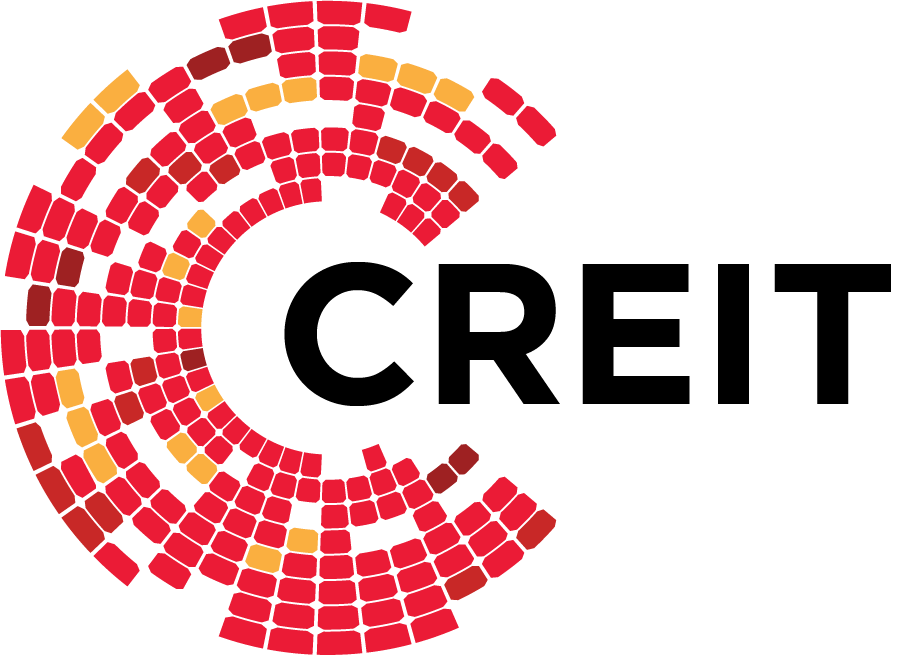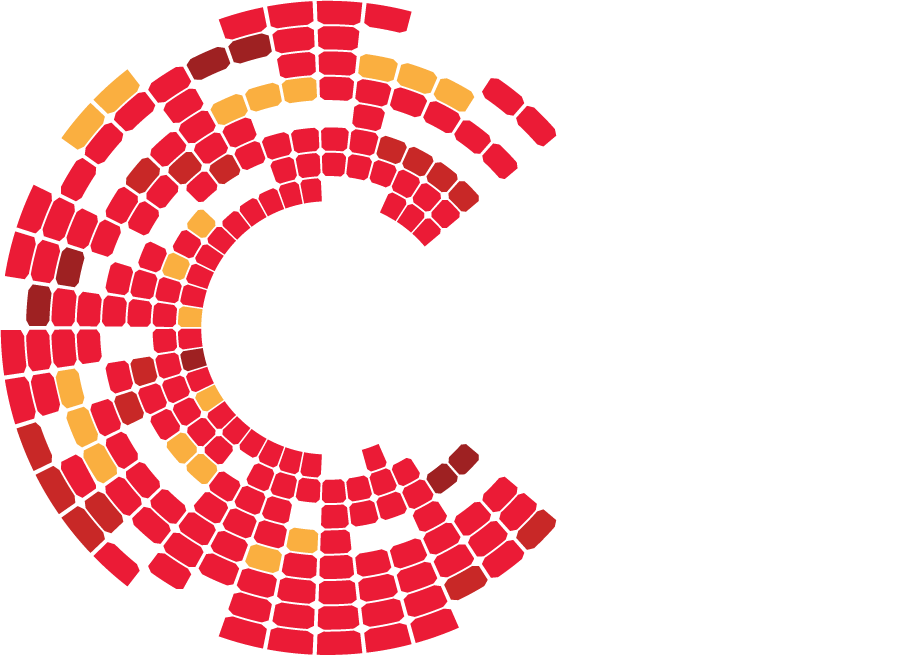The country’s first renewable energy-themed real estate investment trust (REIT), Citicore Energy REIT Corp. (CREIT), launched its P6.4 billion stock market debut on Wednesday, raising the curtain for the initial public offering (IPO) market in the new Lunar “Year of the Tiger.”
CREIT, the sixth REIT to list on the Philippine Stock Exchange and the first that is not office property-oriented, received from the Securities and Exchange Commission the permit to sell up to 2.18 billion common shares with an option to upsize by as much as 327.27 million common shares at the offer price of P2.55 per share.
The REIT sponsor, Citicore Renewable Energy Corp., earlier decided to increase its stake in the company, from an initial 57.4 percent to 66 percent, net of the overallotment option, by reducing its offer size.
CREIT’s pricing of P2.55 per share implied dividend yields of 7 percent this year and 7.4 percent next year, based on projected earnings.
“The company believes that a more affordable pricing will allow a broader set of investors to participate in CREIT’s value proposition, especially since these individuals and institutions will be our long-term partners. What we want to offer in CREIT is a sustainable investment in various aspects—economical (for the investor), social (for the communities) and environmental (toward a zero-carbon future),” Oliver Tan, CREIT president and CEO, said in a press statement on Wednesday.
Post-IPO, CREIT plans to implement a dividend payout of at least 95 percent of its distributable income for the preceding year (subject to availability of unrestricted retained earnings and compliance with applicable laws) versus the minimum dividend payout of at least 90 percent required by the implementing rules of REIT.
CREIT shares will be offered to the public until Feb. 8. These stocks are scheduled for listing on Feb. 17.
The underwriting syndicate is led by Unicapital Inc., BDO Capital and Investment Corp., PNB Capital and Investment Corp., Investment & Capital Corp. of the Philippines, CLSA Ltd. and CIMB Investment Bank Bhd (international bookrunners).
“CREIT looks okay in the sense that the portfolio of assets are [covered by] long-term contracts and the tenants, which are the solar power plants, their fixed contracts are secure, so I’m quite confident that the 7-percent dividend they can pay because of those contracts that they have and of course with outlook on WESM (Wholesale Electricity Spot Market) prices moving up,” said April Lee-Tan, chief equities strategist at leading online stock brokerage COL Financial.
But moving forward, Tan said it may take a while for the sponsor to infuse new assets into the REIT because of the three-year track record required to put assets in REITs.
“Of course, nothing is stopping CREIT from acquiring from other solar farms or people who want to sell properties that have solar farms in them, but based on what we’re seeing right now, usually the first source of these acquisitions are the REIT sponsors because they are very supportive, rather than going to third parties and buying from them,” she said.
CREIT derives income primarily from lease rentals from its solar operator lessees (Citicore and affiliates) structured as base and variable lease, while the lessees operate the solar power plant to generate electricity and sell to various government and private customer off-takers.
Immediately post-IPO and after acquisition of Bulacan and Cotabato properties, CREIT’s assets will include a 22.33-megawatt solar plant, 47.2 hectares of freehold lands and 151.5 hectares of leasehold lands. The percentage of freehold lands is expected to increase as the company acquires more renewable energy properties in the future.
In the next five years, its parent firm, Citicore, plans to build 1,500 MW of new solar capacity, 1,000 MW of which will be its attributable capacity. The largest in pipeline is a solar farm in Arayat in Mexico, Pampanga, a 50-50 percent venture with AC Energy, with 72 MW in capacity for phase 1, which will be commissioned this February. Another 40 MW will be switched on by end-2022. Once the Arayat project is commissioned, the Citicore group expects to be the biggest solar farm operator in the country.
Apart from generating renewable energy, the space beneath the arrays of elevated solar panels is used to farm, in partnership with farmers’ cooperatives, high-value crops like turmeric. This “agro-solar” play thus addresses concerns that solar farms are displacing agricultural land.
Click to read more: https://business.inquirer.net/340047/first-renewable-energy-reit-launched


